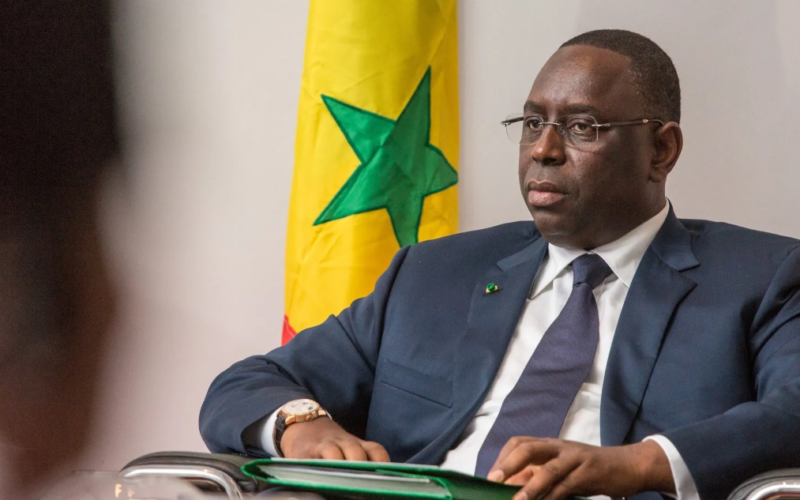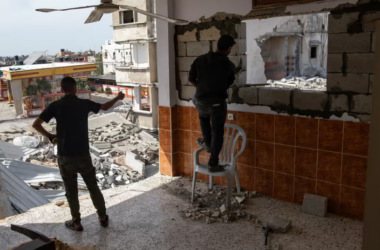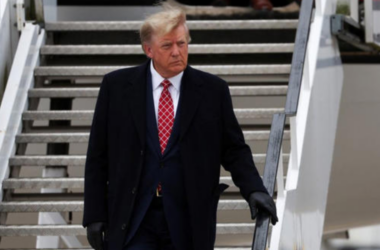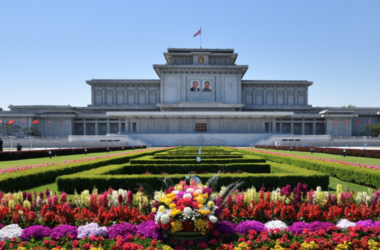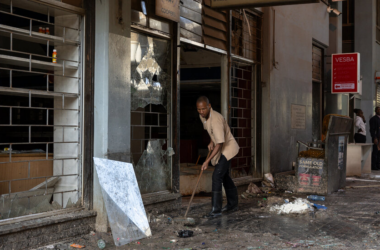As President of Senegal since 2012, Macky Sall has been at the forefront of witnessing the surge in coups across Africa since 2020 and the ongoing efforts to reverse them. Senegal shares borders with countries like Mali and Guinea, which have experienced coups. Sall served as the chair of the African Union during multiple coup incidents and played a prominent role within the Economic Community of West African States (ECOWAS) in responding to these crises. However, despite these collective efforts to combat coups, Sall expresses a sense of despondency, emphasizing the complexities involved in deterring coup attempts and restoring democracy.
Historically, ECOWAS has had some success in deterring and reversing coups, including the use of military force to ensure a dictator stepped down in The Gambia in 2017. However, Sall believes that the organization’s effectiveness has waned. According to him, ECOWAS lacks the capacity to address the issues emerging in the region, leading to a diminishing role in leadership. Even when ECOWAS threatened to use force in Niger to reinstate President Mohamed Bazoum, the threat proved ineffectual.
Sall identifies the broader issue of whether democracy, as commonly practiced, is suitable for the Sahel region. He argues that genuine power in this area often lies outside elected officials’ control, with a focus on elections failing to guarantee stability. Elections held in Mali and Burkina Faso, following conflicts and previous coups, eventually resulted in coups in 2020 and 2022, illustrating the limitations of such an approach.
One significant factor driving coups in the Sahel region is the escalating influence of jihadist groups affiliated with al-Qaeda and the Islamic State. This surge has led to a rising death toll, with over 10,000 people losing their lives in Burkina Faso, Mali, and Niger during the first nine months of this year. Mr. Sall insists that the United Nations (UN) should play a more substantial role in addressing the terrorism problem. He warns that if terrorism remains unchecked, the entire West African region, and even the continent, will bear the consequences.
Senegal itself, often seen as a stable country, is facing a critical test of democracy’s resilience with the upcoming presidential elections in February. However, these elections have been marred by a contentious political battle between President Sall and opposition leader Ousmane Sonko. The feud revolves around allegations that the government is manipulating the election to bar Sonko from participating, particularly through court proceedings.
The political turmoil persists as Sonko faces additional charges related to planning an insurrection, resulting in further protests and a temporary interruption of mobile internet services. Sonko is currently on a hunger strike, adding to the volatile situation in the country.
President Sall argues that Sonko’s party, Pastef, promotes anarchy and chaos. He believes the party’s actions and rhetoric are not aligned with the country’s laws and constitution, accusing Pastef of inciting violence. In response, Amnesty International has documented the arrest of nearly 500 people, with some considered political prisoners. The government’s approach to the crisis, however, is questioned for its respect for the rule of law.
The lead-up to the election is marked by uncertainties and concerns about potential violence, especially if Sonko is disqualified from participating. While Sall’s tough stance may benefit his chosen successor, Prime Minister Amadou Ba, it also increases polarization and risks further violence. Observers believe that Sonko has gained hero status among his supporters due to government oppression.
Senegal’s election serves as a critical case study of the challenges and complexities involved in sustaining democracy in an ever-evolving political landscape. The country’s experience will be closely monitored by ruling parties across Africa as they navigate their own political futures. President Sall, however, vehemently rejects claims of democratic backsliding during his tenure and dismisses critics as advocates of anarchy and chaos.




